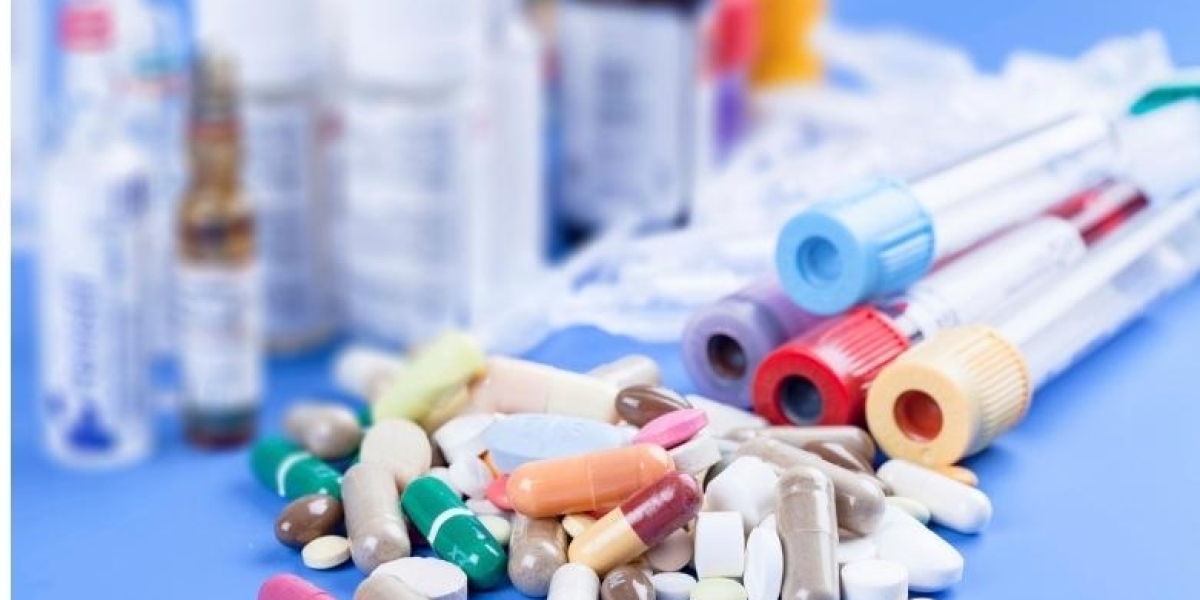In the rapidly evolving landscape of therapeutic antibody development, the pharmacological evaluation of these biological products stands as a cornerstone of their successful translation from bench to bedside. This critical process involves a comprehensive assessment of the antibody's pharmacodynamics (PD), pharmacokinetics (PK), efficacy, and safety profile. Through meticulous analysis and testing, antibody pharmacological evaluation ensures that only the most promising candidates progress through the drug development pipeline, offering hope for new treatments against a range of diseases, including cancer, autoimmune disorders, and infectious diseases.
Antibody pharmacological evaluation begins with pharmacodynamics studies, which investigate the biological effects of the antibody on its target and the mechanism by which it exerts its therapeutic action. This includes binding affinity, the ability to neutralize the target molecule, and the downstream biological pathways affected by this interaction. Understanding these dynamics is crucial for predicting the therapeutic potential and tailoring the dosage to achieve the desired response while minimizing side effects.
Pharmacokinetics studies complement PD analysis by examining how the body affects the administered antibody. This encompasses absorption, distribution, metabolism, and excretion (ADME) properties of the antibody. PK studies provide essential information on the antibody's bioavailability, half-life, and clearance rate, which are pivotal for determining optimal dosing regimens and ensuring consistent therapeutic levels are maintained in the patient's system.
Safety and efficacy evaluations are integral components of the pharmacological assessment, ensuring that the antibody not only performs its intended function but does so without causing unacceptable harm to the patient. Preclinical safety studies in animal models help identify potential toxicities, immunogenic responses, and off-target effects. Clinical trials further scrutinize the antibody's safety in humans, gradually expanding the study population to balance the gathering of robust safety data with the ethical imperative of bringing beneficial treatments to patients as swiftly as possible.
Efficacy assessments, conducted both preclinically and throughout clinical trials, validate the therapeutic benefits of the antibody against the targeted condition. These studies compare the health outcomes of patients receiving the antibody treatment to those of control groups, often using placebos or standard-of-care treatments for comparison. The goal is to unequivocally demonstrate that the antibody provides a significant therapeutic advantage, justifying its approval for use in clinical settings.
The journey of an antibody from discovery to approval is intricate and challenging, with pharmacological evaluation playing a pivotal role in navigating this path. By rigorously assessing an antibody's PD, PK, safety, and efficacy, researchers and developers can refine their therapeutic candidates, focusing resources on those with the highest potential for clinical success.
In conclusion, antibody pharmacological evaluation is a linchpin in the development of novel therapeutic agents. This comprehensive process not only underpins the scientific understanding and optimization of antibody treatments but also ensures that new therapies brought to market are both effective and safe for patients. As our knowledge and techniques continue to advance, so too will our ability to develop antibodies that can tackle some of the most pressing medical challenges of our time, opening new frontiers in the treatment of disease.








